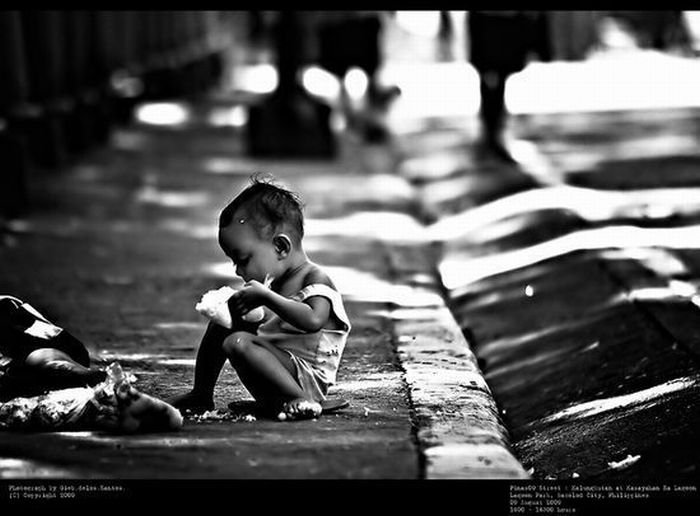|
|
Faces Of Poverty
|
Economic aspects of poverty focus on material needs, typically including the necessities of daily living, such as food, clothing, shelter, or safe drinking water. Poverty in this sense may be understood as a condition in which a person or community is lacking in the basic needs for a minimum standard of well-being and life, particularly as a result of a persistent lack of income.
Analysis of social aspects of poverty links conditions of scarcity to aspects of the distribution of resources and power in a society and recognizes that poverty may be a function of the diminished "capability" of people to live the kinds of lives they value. The social aspects of poverty may include lack of access to information, education, health care, or political power.
Poverty may also be understood as an aspect of unequal social status and inequitable social relationships, experienced as social exclusion, dependency, and diminished capacity to participate, or to develop meaningful connections with other people in society. Such social exclusion can be minimized through strengthened connections with the mainstream, such as through the provision of relational care to those who are experiencing poverty.
The World Bank's "Voices of the Poor," based on research with over 20,000 poor people in 23 countries, identifies a range of factors which poor people identify as part of poverty. These include:
|
|









